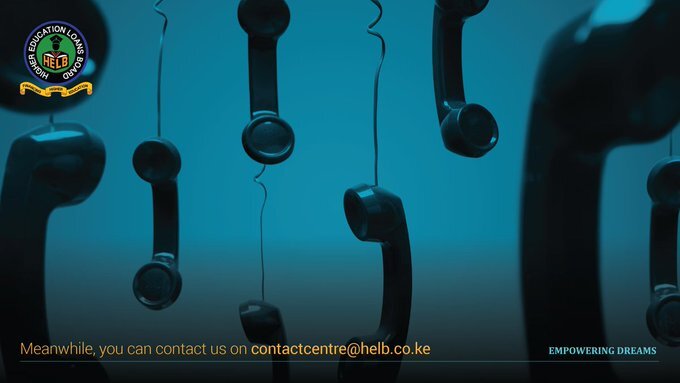Helb takes defaulting debtors to court in new recovery action
The Higher Education Loan Board (Helb) has launched an aggressive process to recover more than 10 billion Kenyan shillings of unpaid payments from beneficiaries of more than 10 billion shillings.
Helb Chief Executive Officer (CEO) Charles Ringera confirmed Tuesday that the draconian recovery measures include prosecuting “hardcore” defaulters.
According to Ringera, a core defaulter is someone who has not paid off their student loans for at least ten years since they completed their studies.
The state agency, which reports to the Department of Education, said it has filed lawsuits against five persistent defaulters and plans to prosecute many others. However, they have not responded despite repeated reminders.
“It wasn’t until the tenth year – after debtors were listed by credit agencies and efforts by private collection agencies failed – that Helb took extreme measures,” the Helb boss told The Standard.
“If private collections were unable to track or locate you before about 10 years (should be the term of the loan), we’re starting to track every aspect now.”
Helb recipients must begin repaying the loan one year after graduation. A penalty of Ksh5,000 per month for unpaid loans.
Ringera noted that the 12-month period is designed to allow beneficiaries to work through the issues before they start making loan repayments.
“Complete your studies in the fourth year, and then you have a year to settle down. So no one bothers you at this point,” Ringera said.
A year later, Helb began sending reminders to beneficiaries, some of whom kept their promises while others ignored them.
Helb typically sends beneficiary data to private collection agencies after eight years of non-payment, he said.
“We’ve been chasing each other for about three years before saying this debt is now approaching the core,” the CEO said.
“But if you were actually able to see us in the meantime, no one would list you.”
Some of them received loans as early as 1979. Despite being blacklisted by credit bureaus (CRBs), they made no effort to clean up the loans.
Helb said the new crackdown relies on other agencies such as the National Transport Safety Authority (NTSA), the National Hospital Insurance Fund (NHIF), and the Kenya Revenue Authority (KRA) to track and flag defaulters.
“In KRA you can see them paying taxes, in NTSA you can see they’re buying their Subarus. That’s how we hunt each other. So even considering prosecution, we’re getting a little bit tougher,” Ringera added.
Helb recently announced a 100% waiver of penalties, citing the economic impact of Covid-19.
In November 2019, Ringera faced backlash after threatening to name and shame the culprit in newspapers.
“Some delinquent beneficiaries have not responded to previous communications…As a result, continued arrears in payments are hindering funding to other deserving Kenyan youth,” Ringera said at the time.
In the past, graduates have blamed unemployment as the main reason most people don’t pay their loans.
